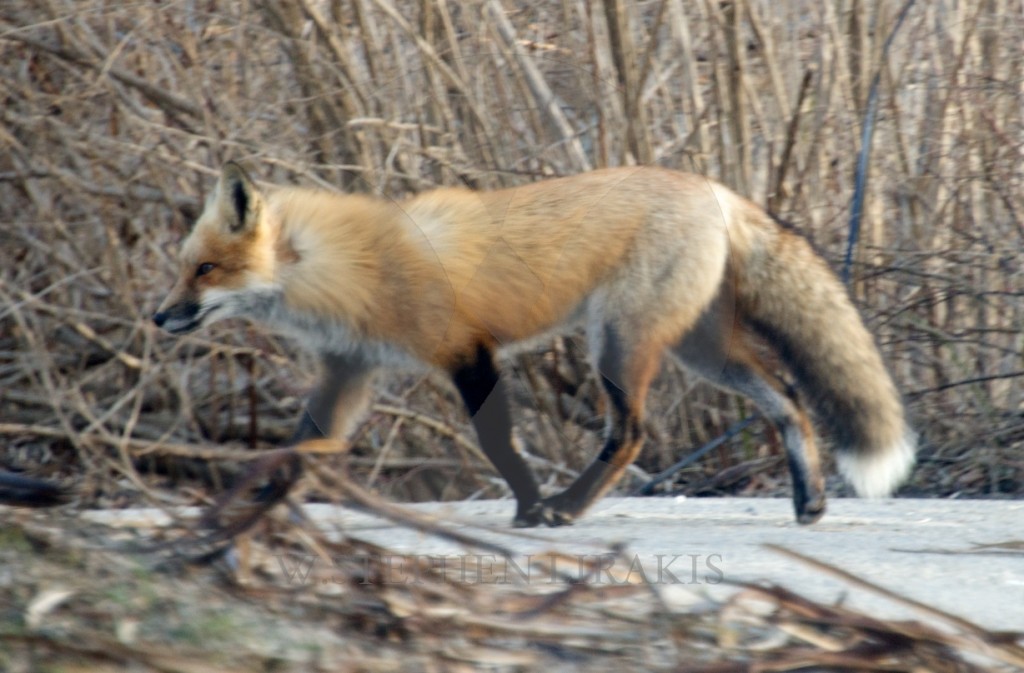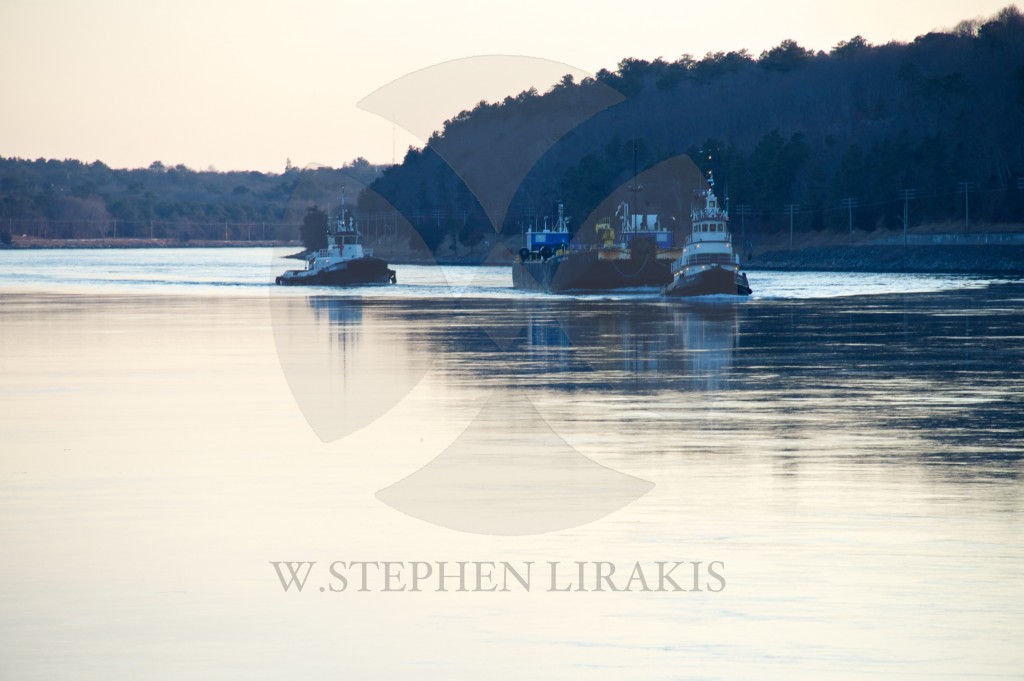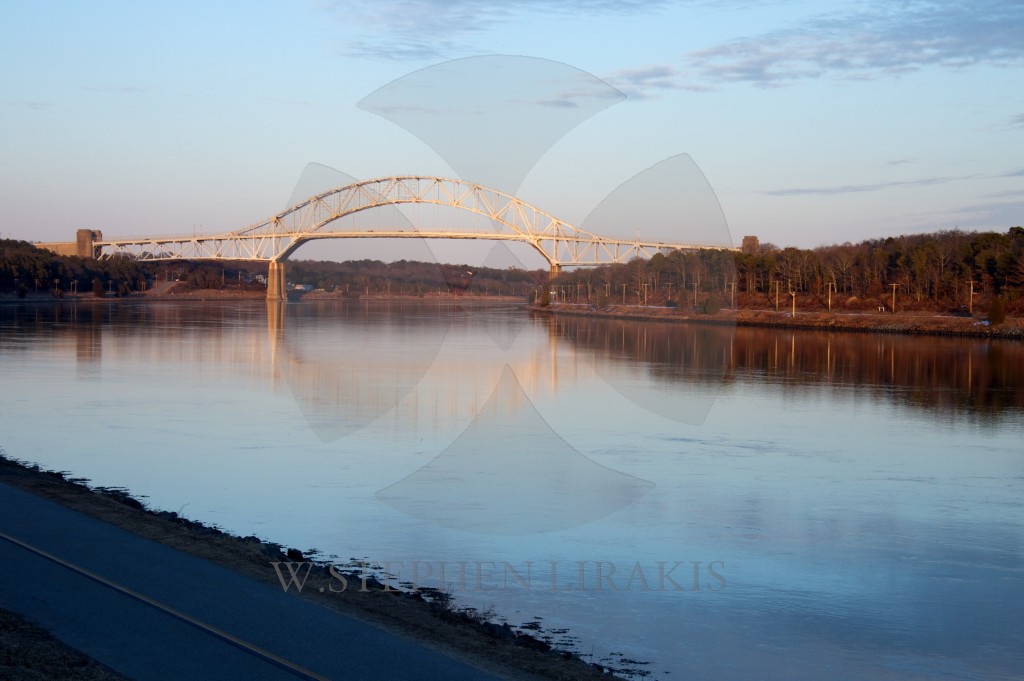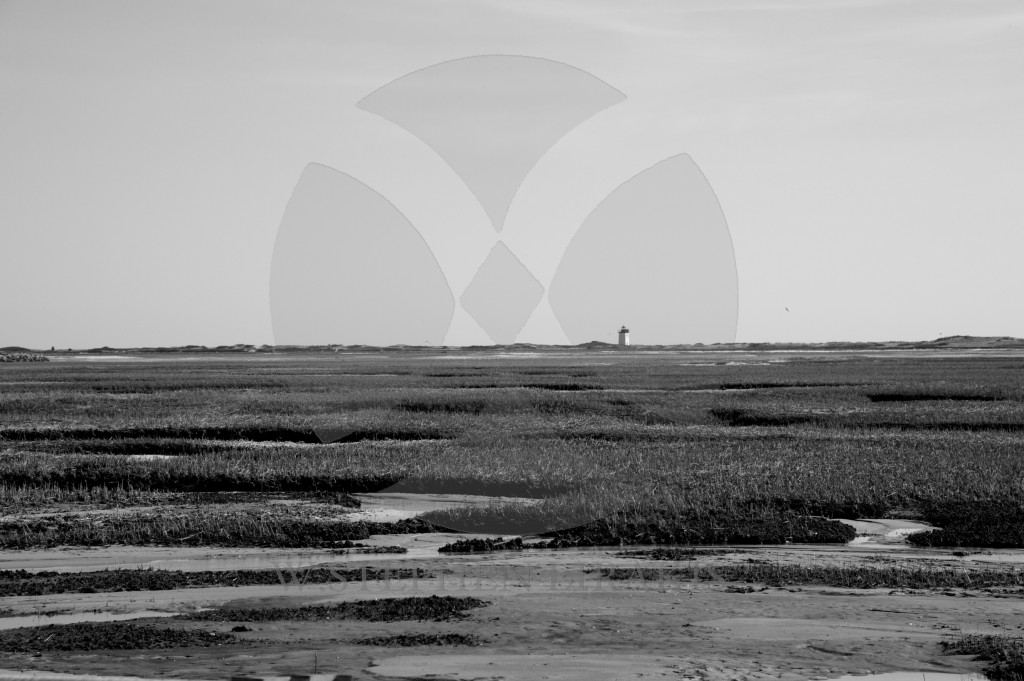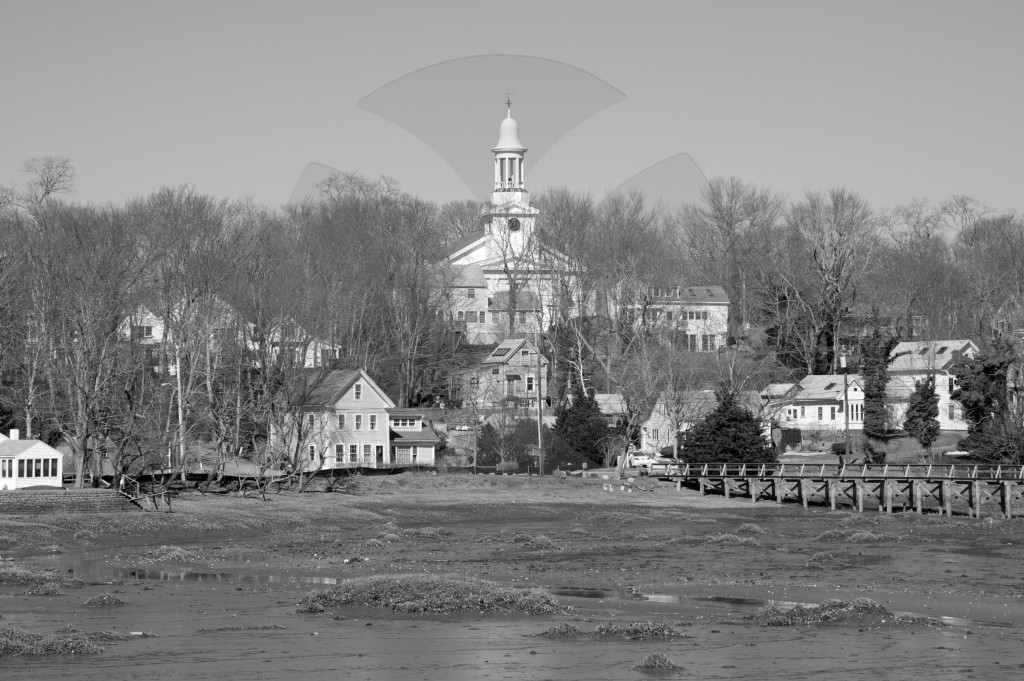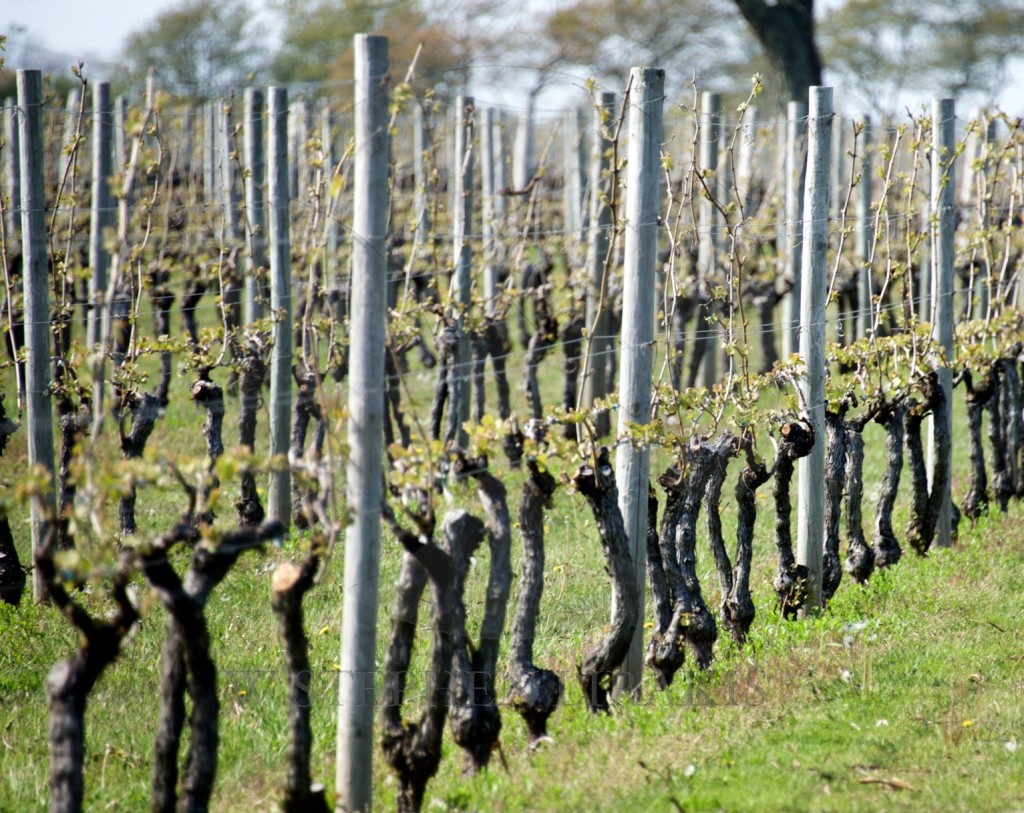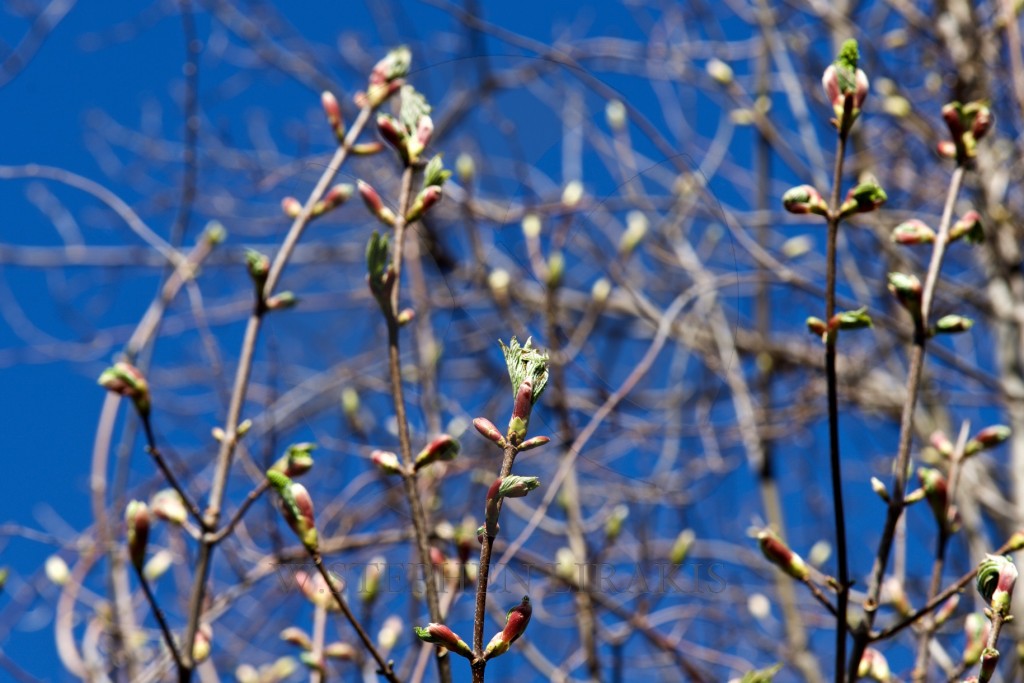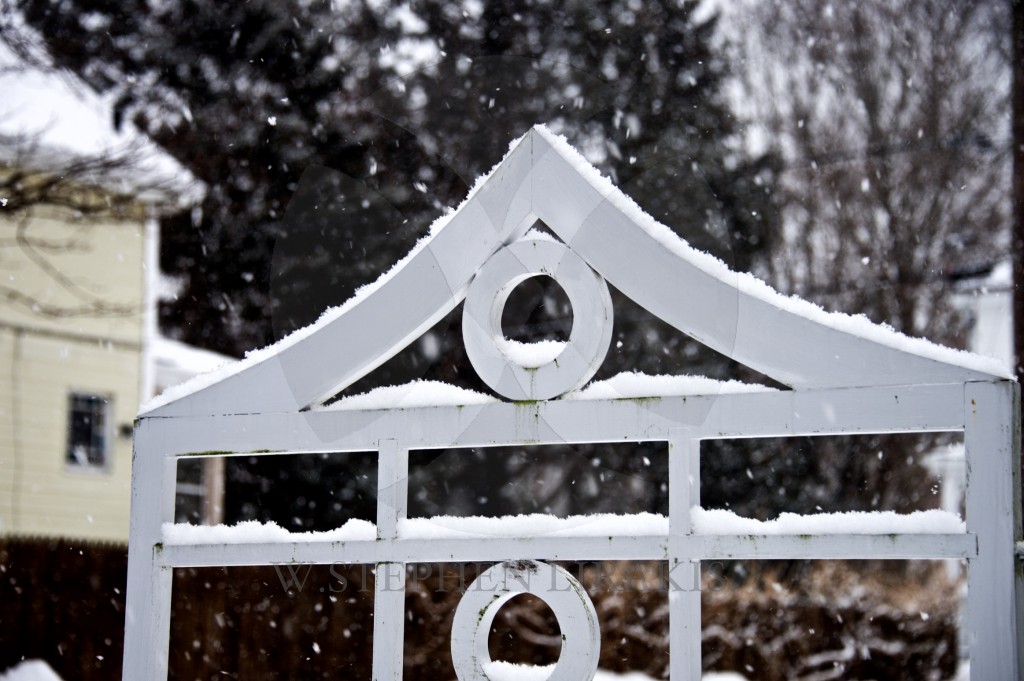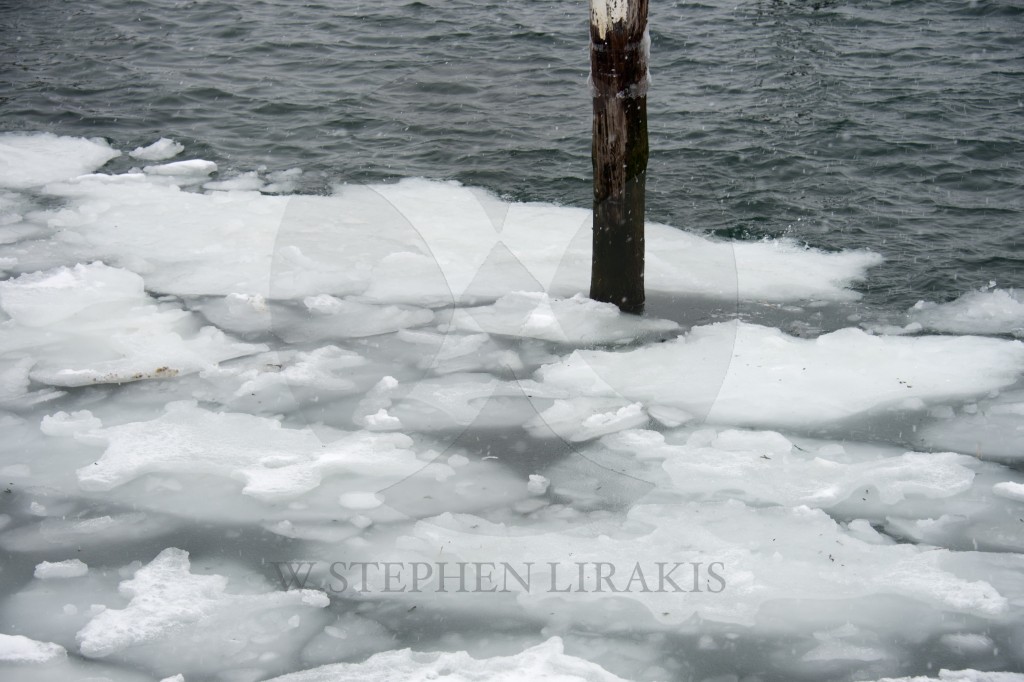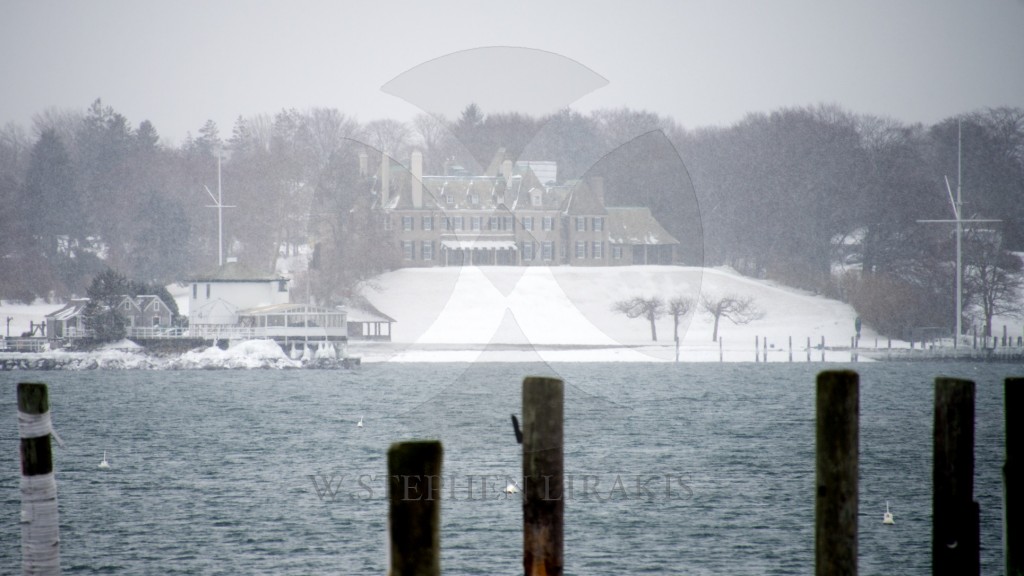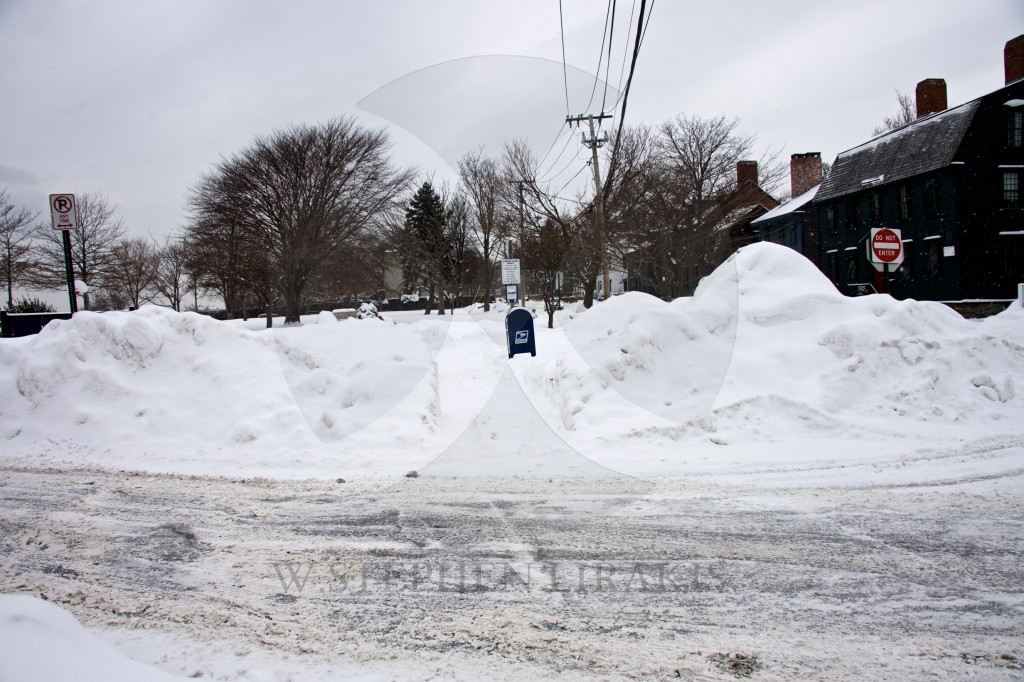
Category: seasons
FIRST DAY OF SPRING

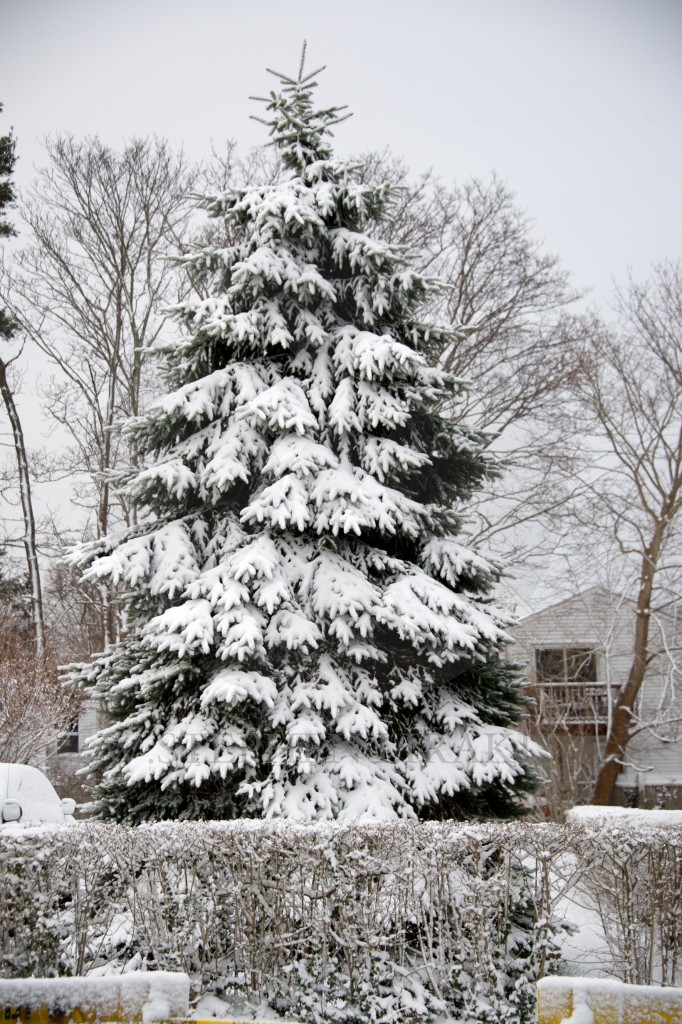


SUNDAY DRIVE
A peaceful sunday drive while the volvo ocean race set off for portugal, a 6-7 day race for these boats.

SPRING IS HERE
It was not very long ago none of us in New England thought we would ever see spring; or if we did it would be with piles of snow everywhere. All of this is so easily forgotten with the long warming days of sunlight. Even more resounding is nature’s delicate return as unrelenting as winter’s cold.
On another note the Volvo Ocean Race is due in Newport May 7.
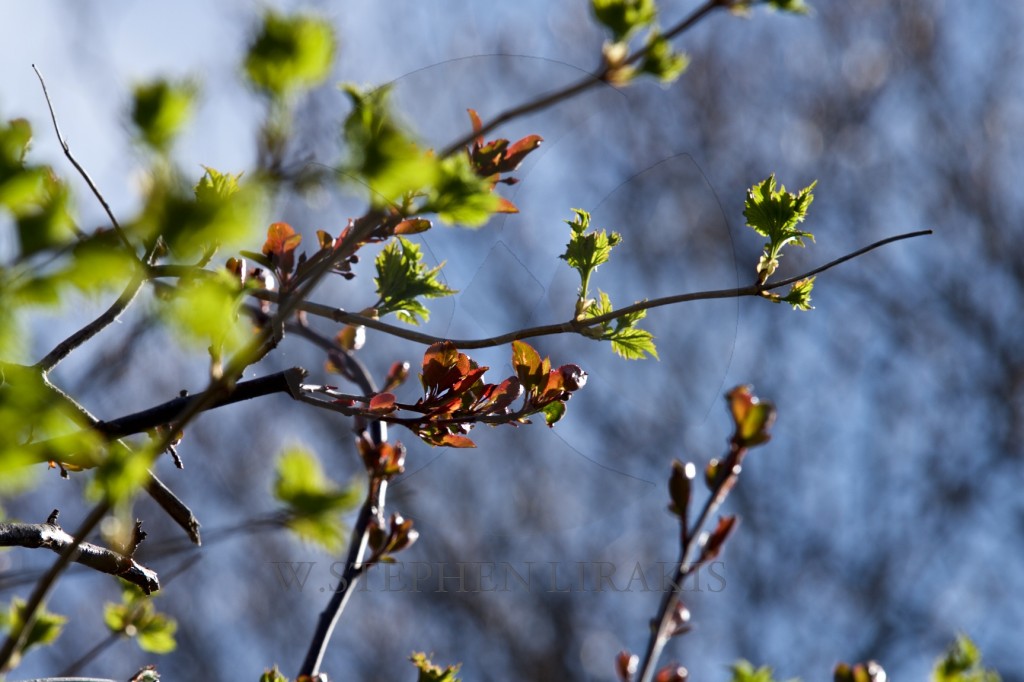

SNOW ON SNOW
I have shovelled snow every day since January 30 of this year. I would guess I am not the only one.
ABOVE AVERAGE SNOW PILES
HURRICANE SEASON
In its 2014 Atlantic hurricane season outlook, the National Oceanic and Atmospheric Administration’s (NOAA) Climate Prediction Center is forecasting a near-normal or below-normal season.
The main driver of this year’s outlook is the anticipated development of El Niño this summer. El Niño causes stronger wind shear, which reduces the number and intensity of tropical storms and hurricanes. El Niño can also strengthen the trade winds and increase the atmospheric stability across the tropical Atlantic, making it more difficult for cloud systems coming off of Africa to intensify into tropical storms.
The outlook calls for a 50 percent chance of a below-normal season, a 40 percent chance of a near-normal season, and only a 10 percent chance of an above-normal season. For the six-month hurricane season, which begins June 1, NOAA predicts a 70 percent likelihood of 8 to 13 named storms (winds of 39 mph or higher), of which 3 to 6 could become hurricanes (winds of 74 mph or higher), including 1 to 2 major hurricanes (Category 3, 4 or 5; winds of 111 mph or higher).
These numbers are near or below the seasonal averages of 12 named storms, six hurricanes and three major hurricanes, based on the average from 1981 to 2010. The Atlantic hurricane region includes the North Atlantic Ocean, Caribbean Sea and Gulf of Mexico.
“Thanks to the environmental intelligence from NOAA’s network of earth observations, our scientists and meteorologists can provide life-saving products like our new storm surge threat map and our hurricane forecasts,” said Kathryn Sullivan, Ph.D., NOAA administrator. “And even though we expect El Niño to suppress the number of storms this season, it’s important to remember it takes only one land falling storm to cause a disaster.”
Gerry Bell, Ph.D., lead seasonal hurricane forecaster with NOAA’s Climate Prediction Center, said the Atlantic – which has seen above-normal seasons in 12 of the last 20 years – has been in an era of high activity for hurricanes since 1995. However, this high-activity pattern is expected to be offset in 2014 by the impacts of El Niño, and by cooler Atlantic Ocean temperatures than we’ve seen in recent years. – NOAA, read on
National Hurricane Preparedness Week is May 25-31. NOAA offers hurricane preparedness tips, along with video and audio public service announcements in both English and Spanish, featuring NOAA hurricane experts and the FEMA Administrator atwww.hurricanes.gov/prepare
FRESH WATER
Again thanks to Sailing Anarchy for posting this. Water/ice will become increasingly important in the future. Already the drought in California and southwestern states is impacting agriculture in a very profound way.
WINTER ON THE GREAT LAKES
THIS POST IS FROM “SAILING ANARCHY”
Tens of thousands of Chicago Mack crews will know what this landmark is even if they’ve never seen it look like this. Check out this story of a recent hike – the first attempt in some 40 years – from Glen Arbor, MI to North Manitou Island.
On Thursday, March 6th, 2014, we attempted something that hasn’t been done for 40 years: to hike the treacherous ice across the Manitou Passage to the islands 8 miles out.
In the 1970’s, Bob’s father and two brothers left the shore in Glen Arbor early one morning to attempt the crossing. They were cut off by open water a mile from South Manitou. Their hike took so much longer than planned that Bob’s mother called the Coast Guard in panic! Having heard his father and brother tell stories of the adventure, Bob has been waiting for his chance to hike to the Manitous for decades.
The winter of 2013-14 has been one of the most severe in living memory. It has seen temperatures plunging to -20°F, enormous amounts of snow, polar vortices, and fierce storms. The near record-level ice coverage on Lake Michigan has been a big part of the story, as have the amazing ice caves along the Leelanau shoreline. All this cold weather and ice build-up allowed us to attempt such an adventurous (some would say foolhardy!) hike.
YESTERDAY

FIRST, Isabelle, my daughter is a guest chef at the Revolving Door Restaurant on Thames Street in Newport.
Daylight savings is here. The lengthening daylight hours are uplifting to everyone. Yesterday the weather was warm and almost no wind, perfect for a road trip celebrating the sunshine.


